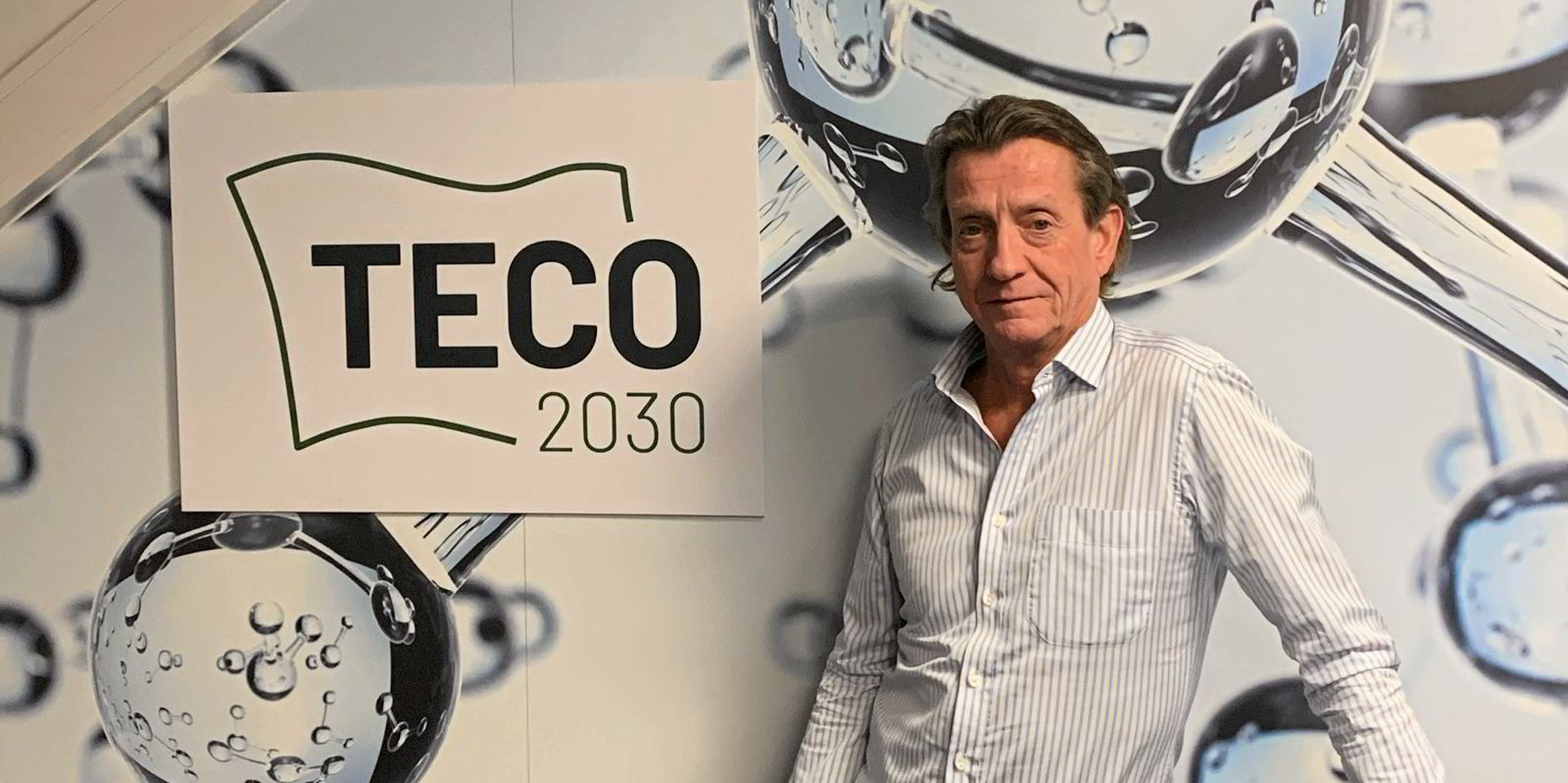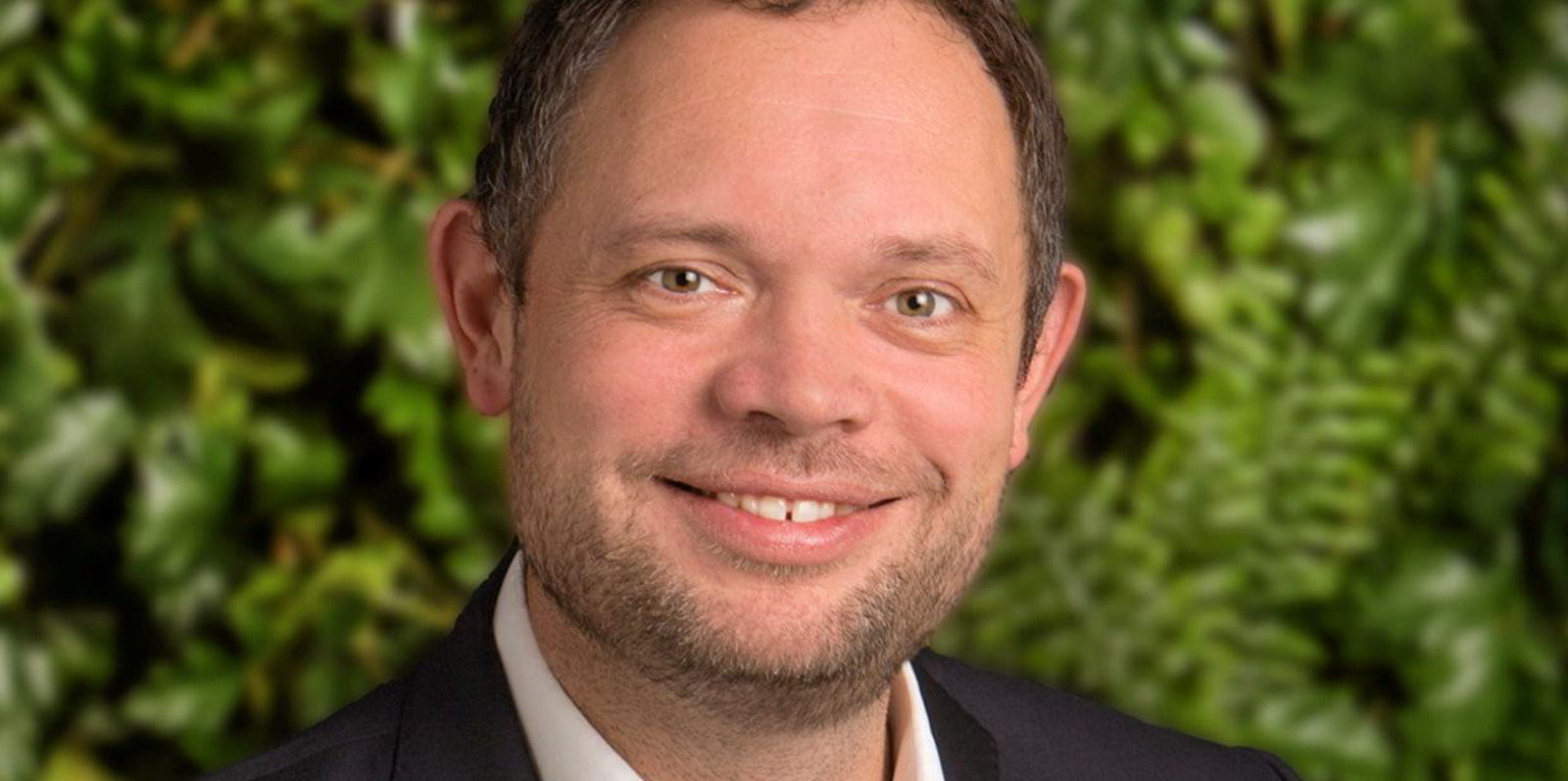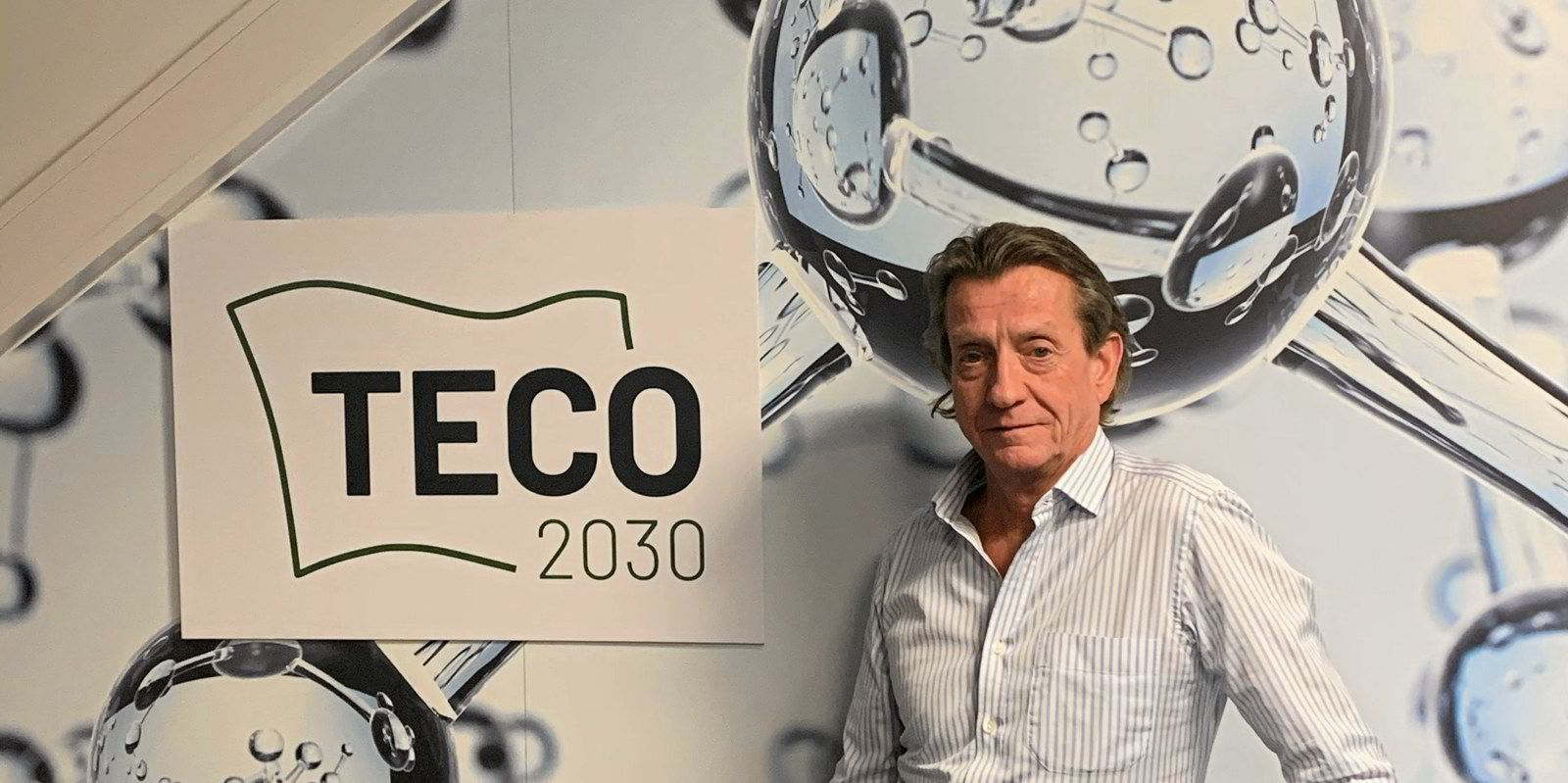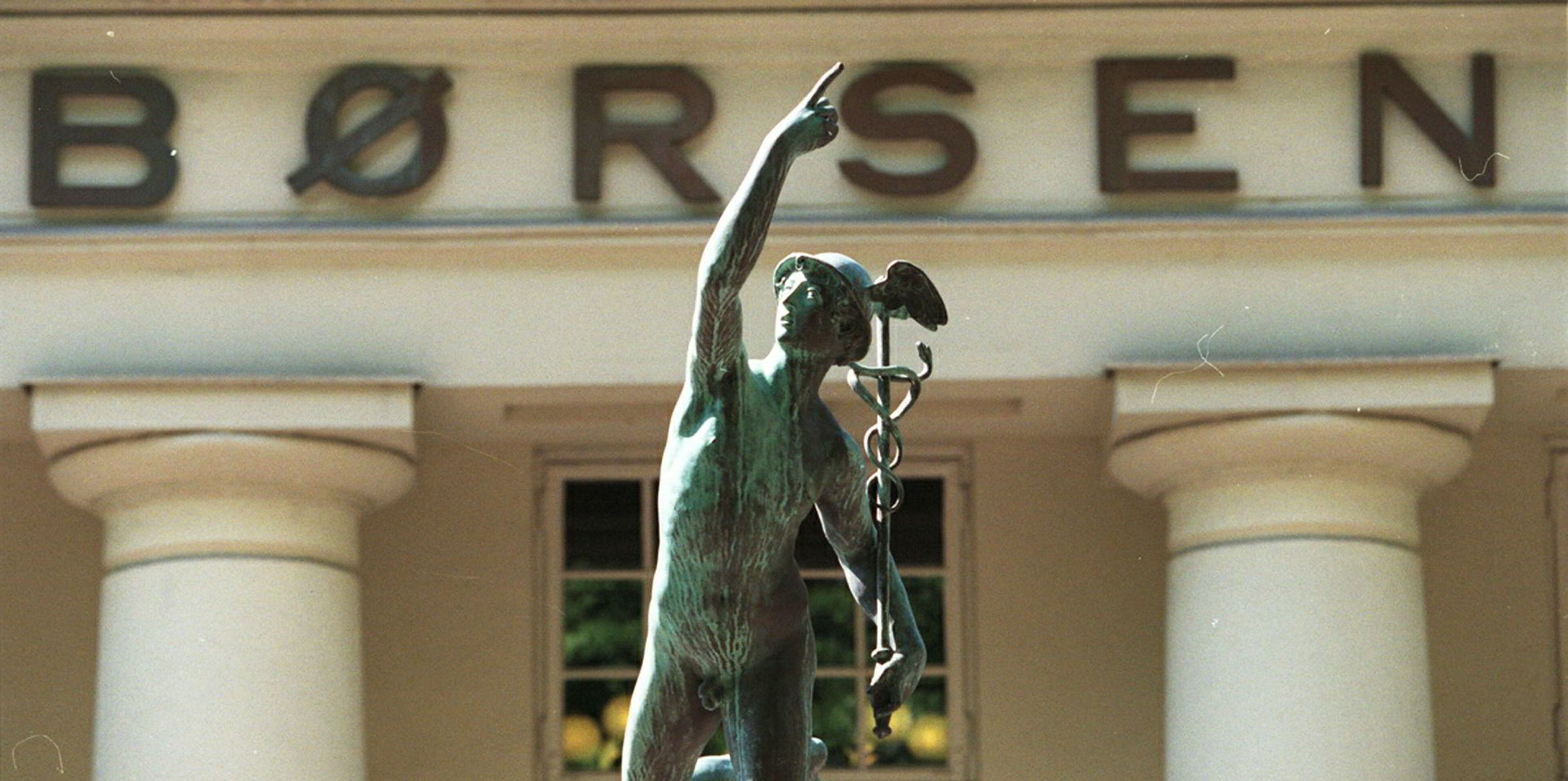Supplemental power could be the key to the increasing adoption of hydrogen fuel cells by owners of large deepsea tonnage, believes Tore Enger, founder of ship supplier Teco Maritime and green technology spin-off Teco 2030.
Until recently, Enger thought shortsea shipping would be the key market. But now he is pitching his products to deepsea owners to help decarbonise stays in port, with hopes that hydrogen solutions can replace diesel as a source of supplemental and on-board power.
His year-old, Oslo-listed venture has yet to deliver a maritime fuel cell, not because of the technology, which is well proven for land-based power, but because of the lack of bunkering infrastructure. However, that is changing.
"We expect that in 2023 we will do large-scale deliveries of fuel cells [to shipyards], and during 2024 there will be large-scale installation," Enger said.
Ships with fixed routes and regular refuelling stops are still the mainstay of initial fuel cell marketing, such as Teco 2030's Green Hydrogen on the Blue Danube project with river carrier Chemgas, which Enger expects to be up and running in 2025.
Teco 2030 is talking to owners in all shipping sectors about hydrogen but one customer group with acute needs is cruise shipping because of pressure to cut emissions in the most scenic parts of their cruise itineraries
"If I were a cruiseship owner now, I would be focusing on my last two or three hours before arriving in port, my time there, and my first two or three out of port," he said.
Oslo-based Teco has been in business as a ship equipment supplier for nearly 30 years but its decarbonisation venture Teco 2030 started last year.
Among its headline products are maritime hydrogen fuel cells to appeal to the early adopters, and an enhanced scrubber system for the large majority of ships that will still be burning fossil fuels many years from now, under an increasingly tough regulatory environment.






